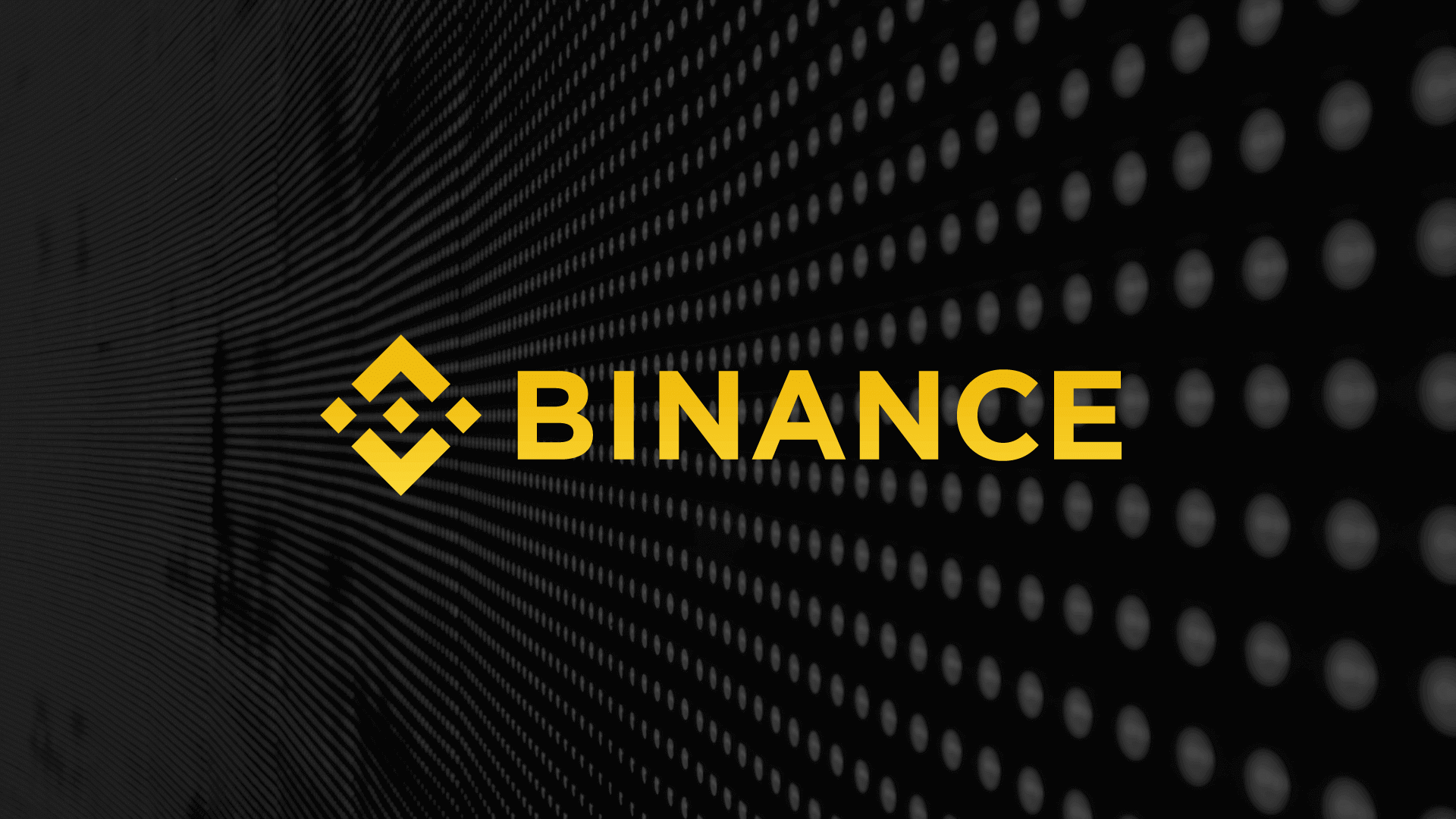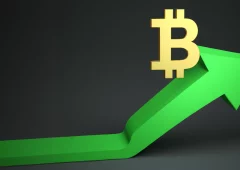Binance Accused of Demanding Token Fees for Listings, Co-Founder Denies Allegations
04.11.2024 12:00 1 min. read Alexander Stefanov
The crypto community was stirred when Simon, CEO of Moonrock Capital, claimed that Binance requested 15% of a project's total token supply for a listing.
This raised questions about the transparency of listing practices at major exchanges. In contrast, Coinbase CEO Brian Armstrong stated that his platform charges no listing fees.
Andre Cronje, co-founder of Sonic Labs, countered Simon’s assertion, stating that Binance did not charge fees for his project, while mentioning that Coinbase had asked for $60 million, potentially for the FTM token. These conflicting claims underscore the complexity and lack of clarity in crypto exchange listing processes.
Binance claims to follow a rigorous evaluation procedure for listings, but Simon’s statement has prompted concerns about possible hidden conditions. Meanwhile, Armstrong’s claim of a fee-free policy at Coinbase contradicts Cronje’s allegations about high fees.
Understanding these dynamics is vital for crypto projects, as both official policies and informal practices can significantly impact their strategies. In light of the controversy, Binance co-founder Yi He clarified that the exchange does not require a percentage of tokens or a fixed fee for listings. Since 2018, Binance’s policy has ensured transparency, stating that all listing fees are donated to charity, with project teams proposing their own “donation” amounts without a minimum requirement.
-
1
Robinhood Faces Scrutiny from European Bank Over Tokenized Stock Offerings
08.07.2025 12:10 2 min. read -
2
At Least Five Law Firms Target Former Strategy Over Misleading BTC Risk Disclosures
28.06.2025 10:30 2 min. read -
3
Weekly Recap: Key Shifts and Milestones Across the Crypto Ecosystem
06.07.2025 17:00 4 min. read -
4
Binance Could Introduce Golden Visa Option for BNB Investors Inspired by TON
07.07.2025 8:00 1 min. read -
5
Trump Imposes 50% Tariff on Brazil: Political Tensions and Censorship at the Center
10.07.2025 7:00 2 min. read
CoinShares Becomes First MiCA-Authorized Crypto Asset Manager in Europe
CoinShares, Europe’s top digital asset investment firm with over $9 billion in AUM, has secured full authorisation under the EU’s new Markets in Crypto-Assets (MiCA) regulation.
Fear & Greed Index Climbs to 70 as Altcoin Rotation Nears
The crypto market is entering a more bullish phase as sentiment pushes into “Greed” territory.
Stablecoins Now Used in Credit Cards, Putting Bank Deposits at Risk
Stablecoins are no longer just a crypto-native tool—they’re reshaping financial access, payments, and even central banking dynamics.
BitGo Files Confidentially for IPO With SEC
BitGo Holdings, Inc. has taken a key step toward becoming a publicly traded company by confidentially submitting a draft registration statement on Form S-1 to the U.S. Securities and Exchange Commission (SEC).
-
1
Robinhood Faces Scrutiny from European Bank Over Tokenized Stock Offerings
08.07.2025 12:10 2 min. read -
2
At Least Five Law Firms Target Former Strategy Over Misleading BTC Risk Disclosures
28.06.2025 10:30 2 min. read -
3
Weekly Recap: Key Shifts and Milestones Across the Crypto Ecosystem
06.07.2025 17:00 4 min. read -
4
Binance Could Introduce Golden Visa Option for BNB Investors Inspired by TON
07.07.2025 8:00 1 min. read -
5
Trump Imposes 50% Tariff on Brazil: Political Tensions and Censorship at the Center
10.07.2025 7:00 2 min. read


